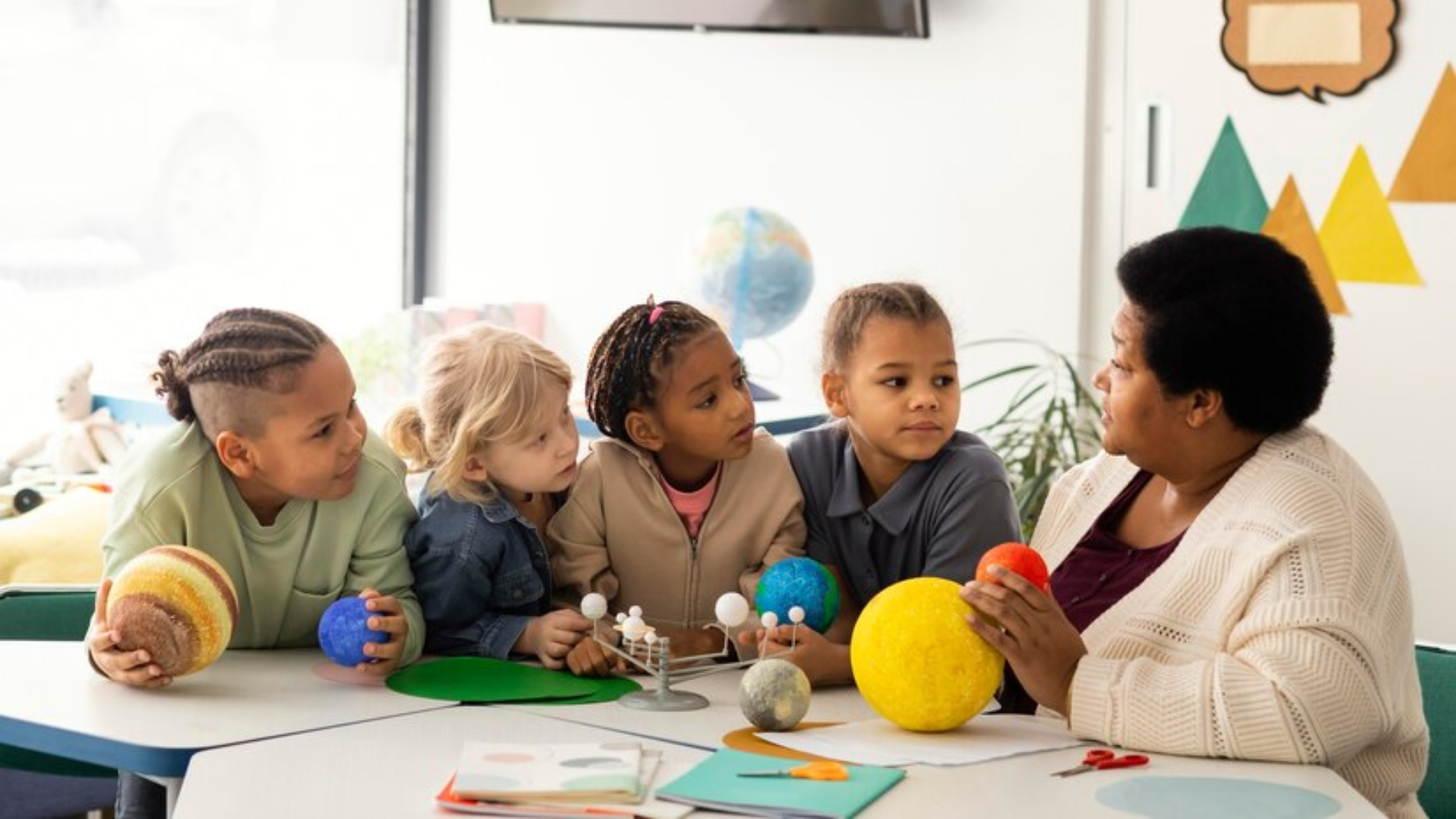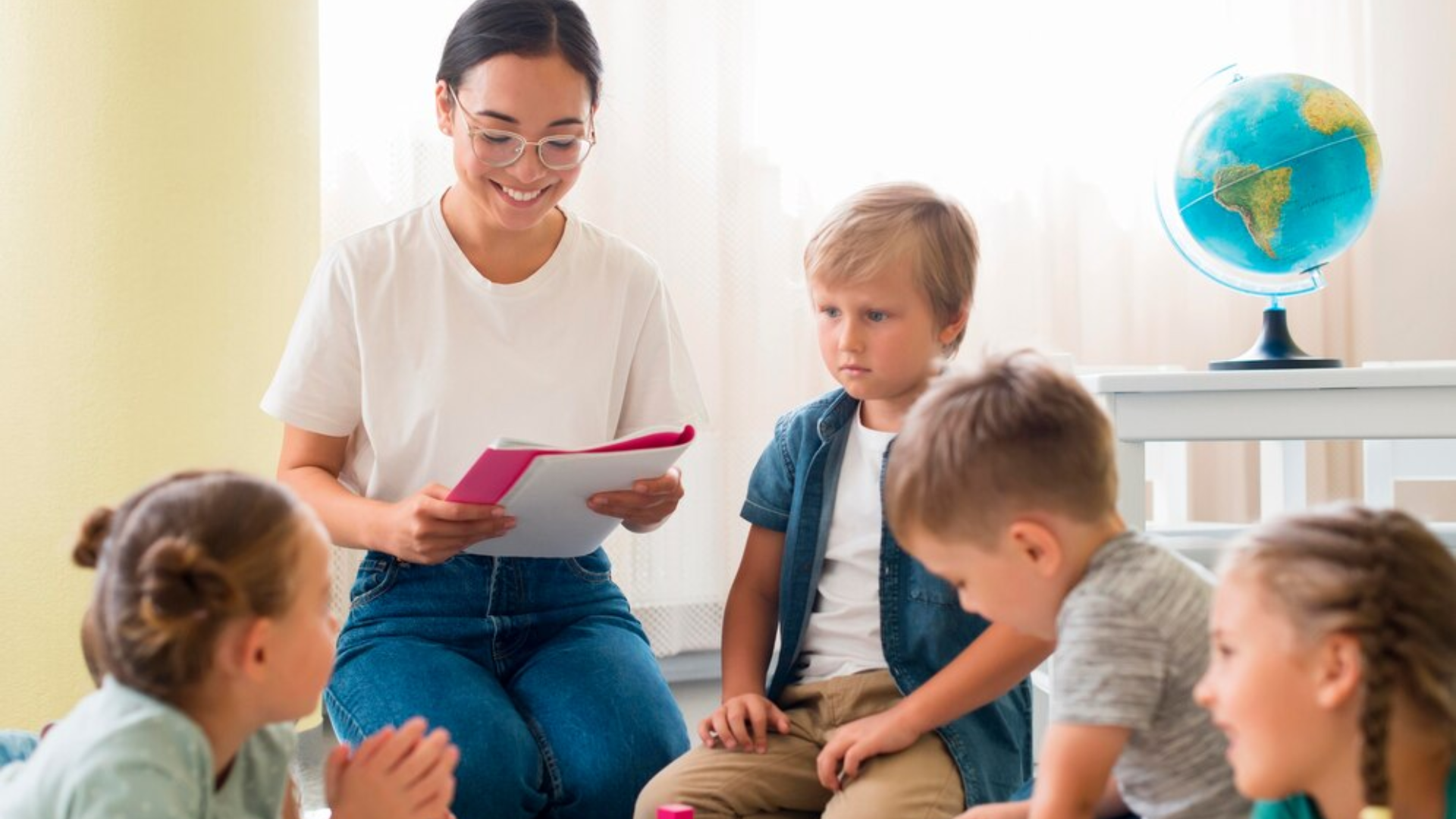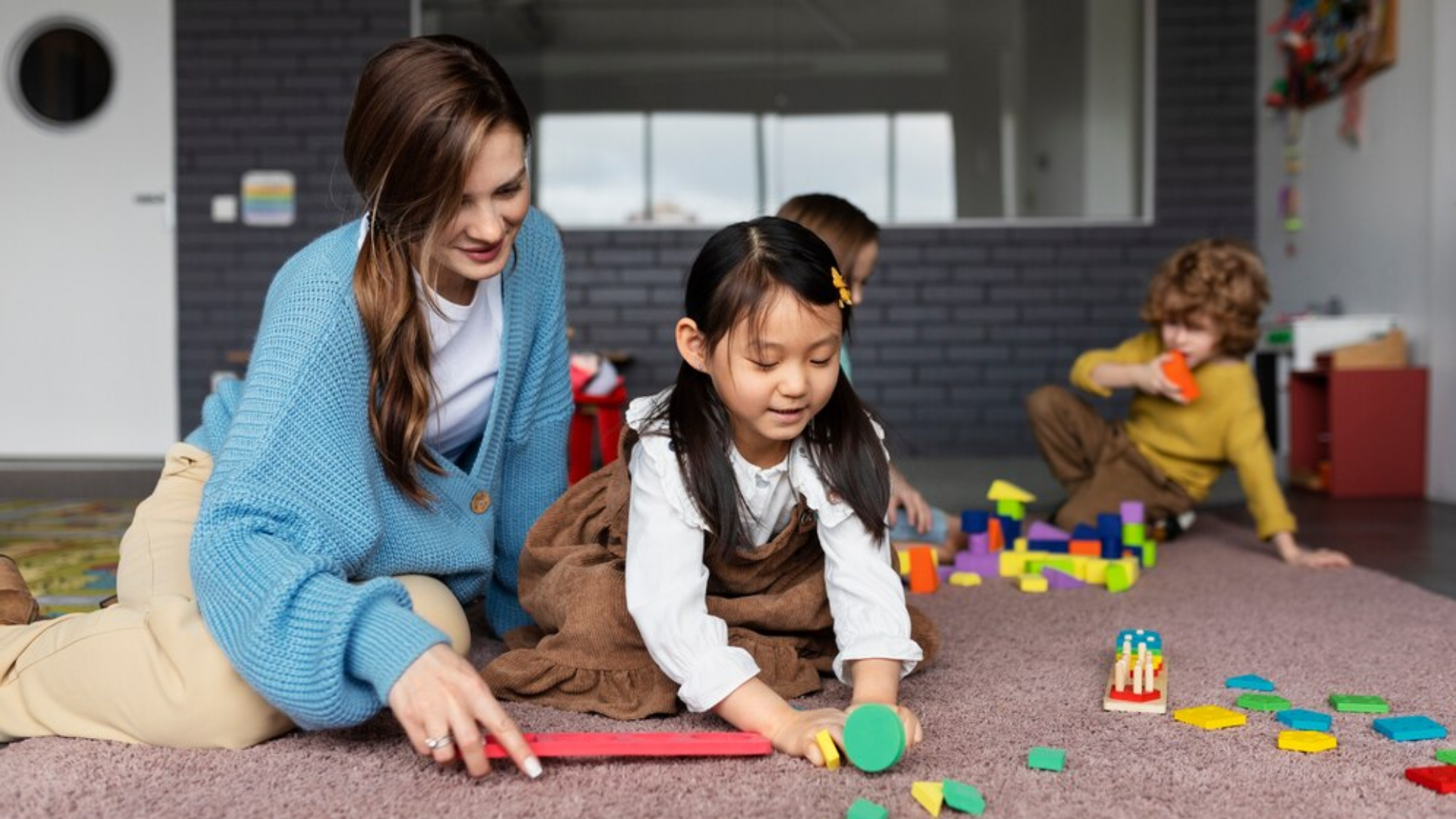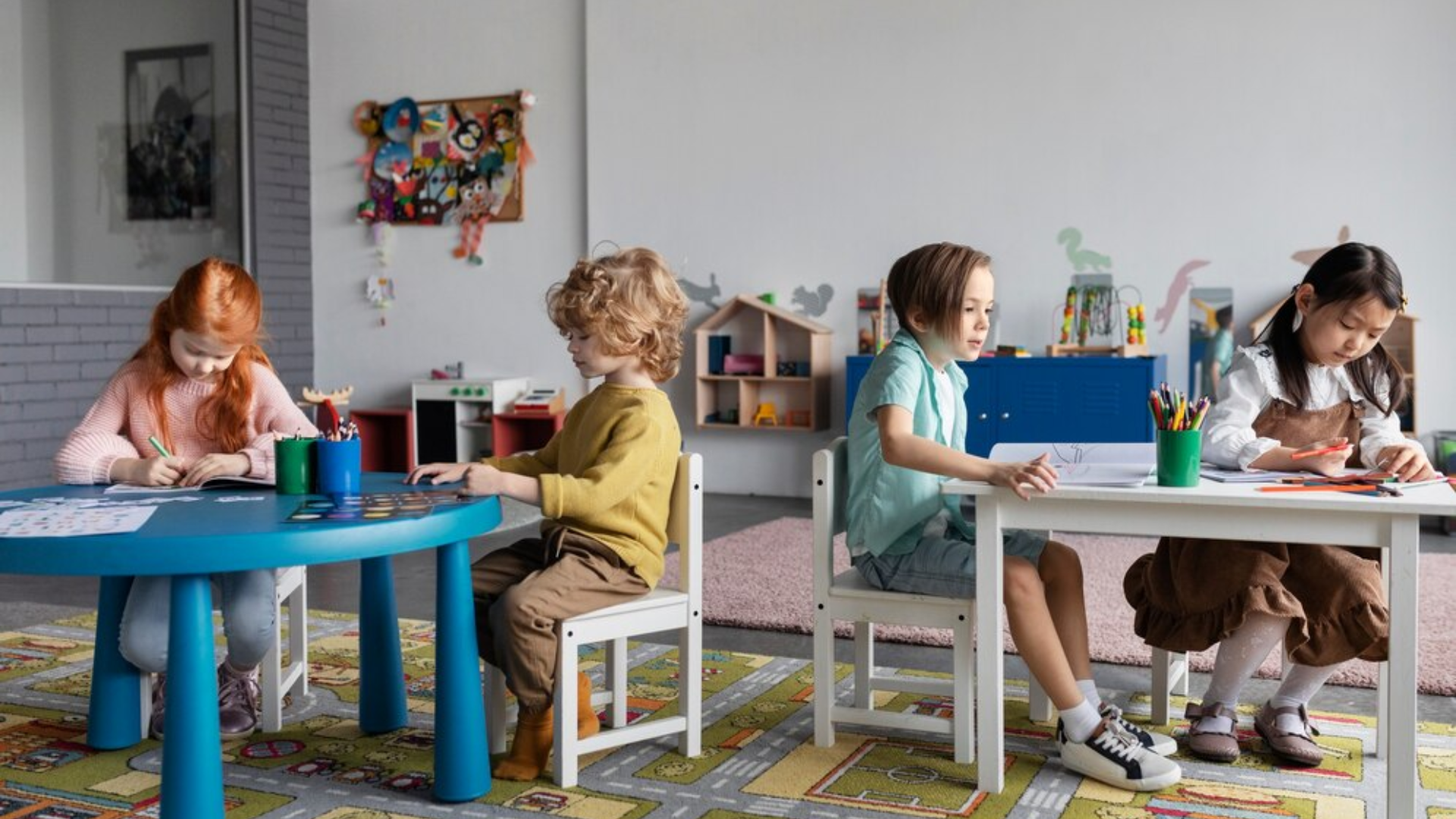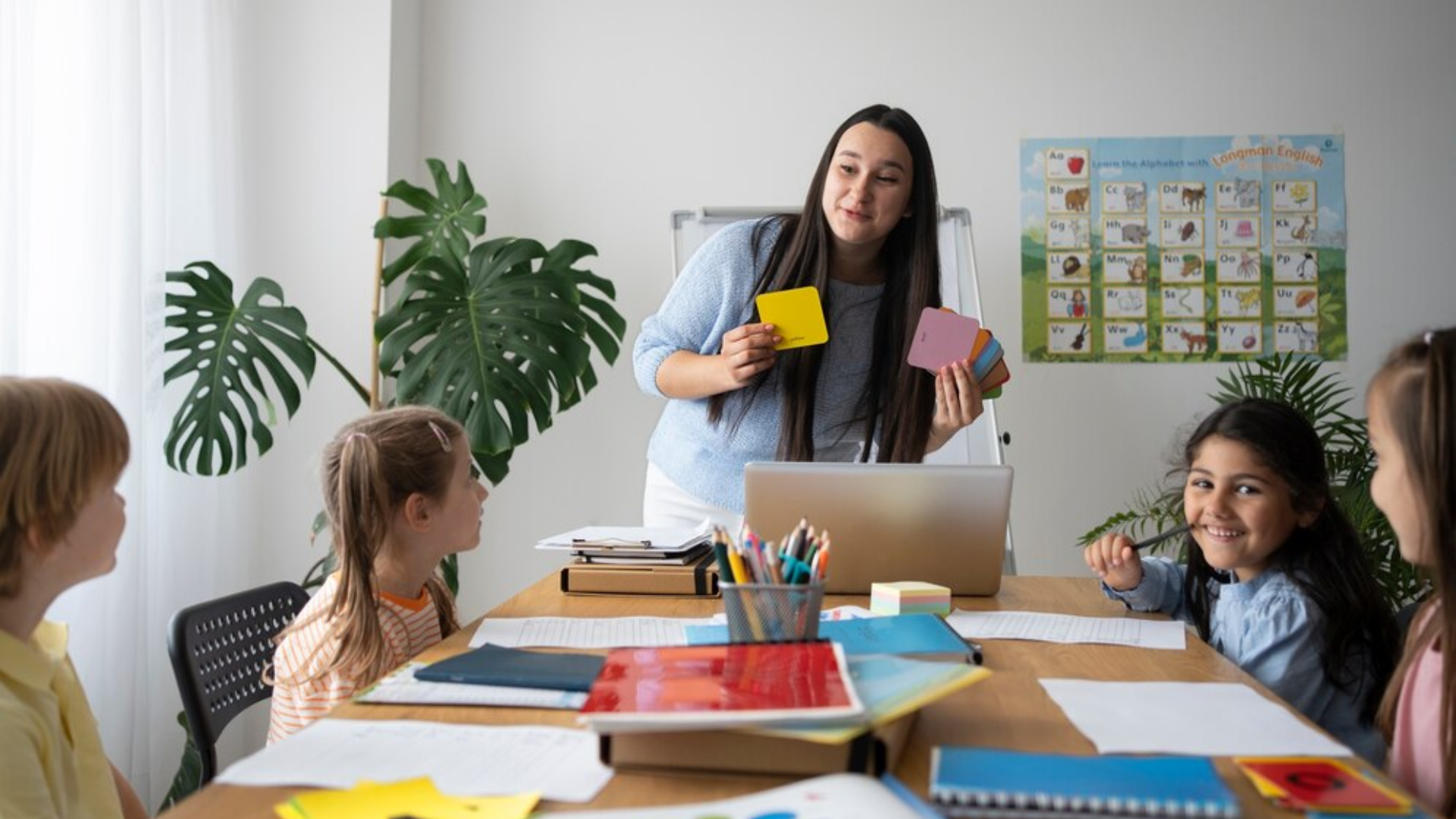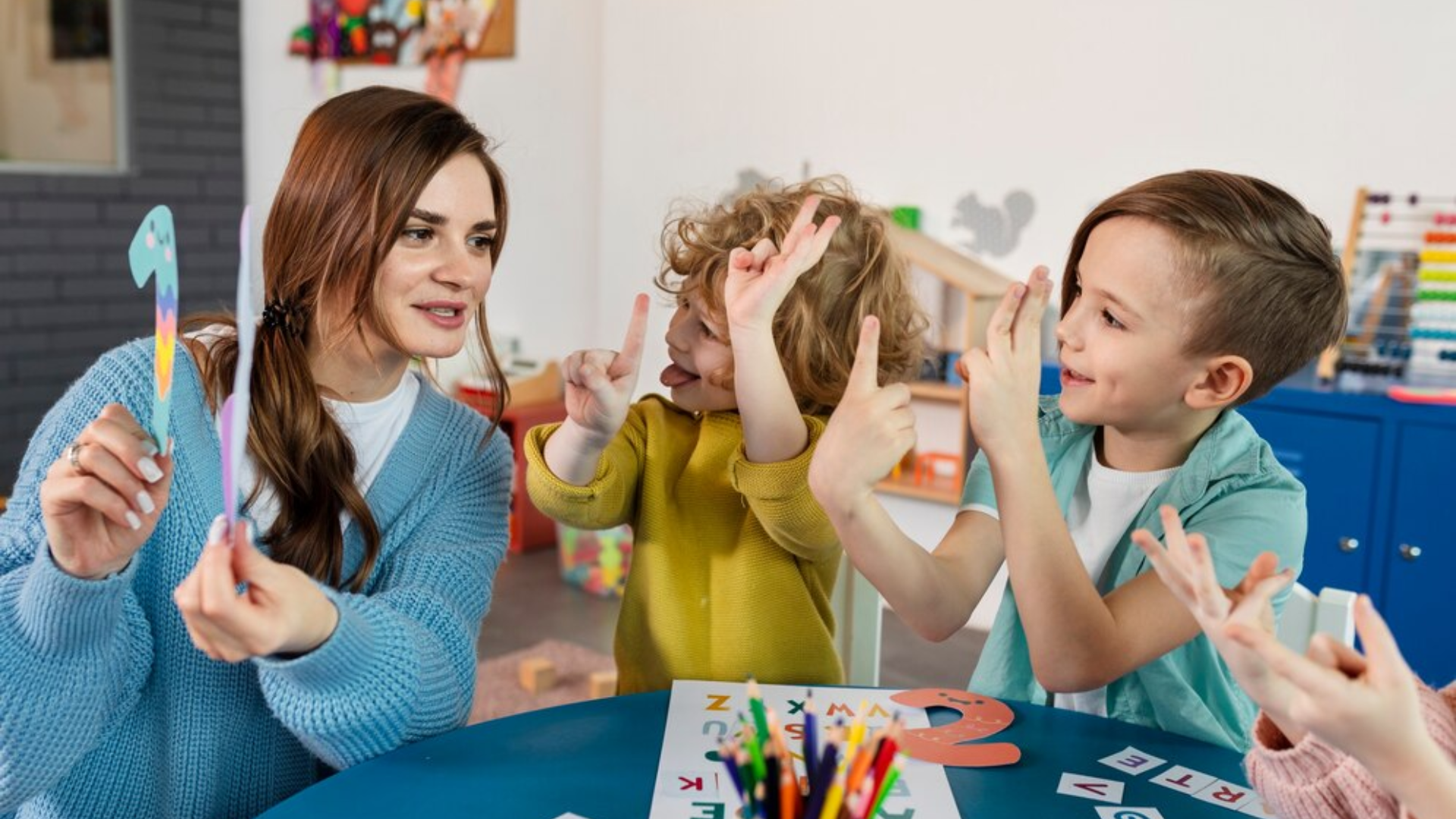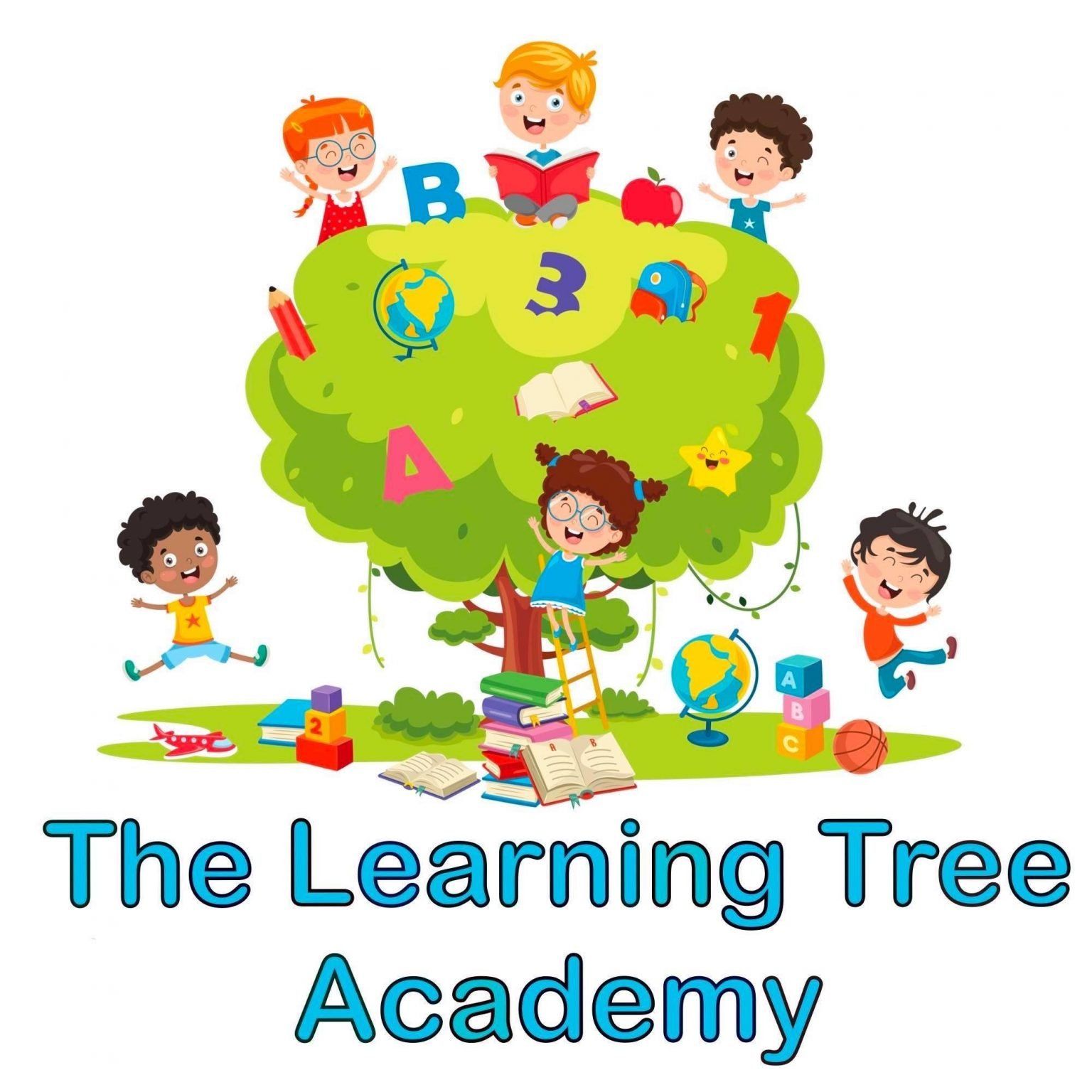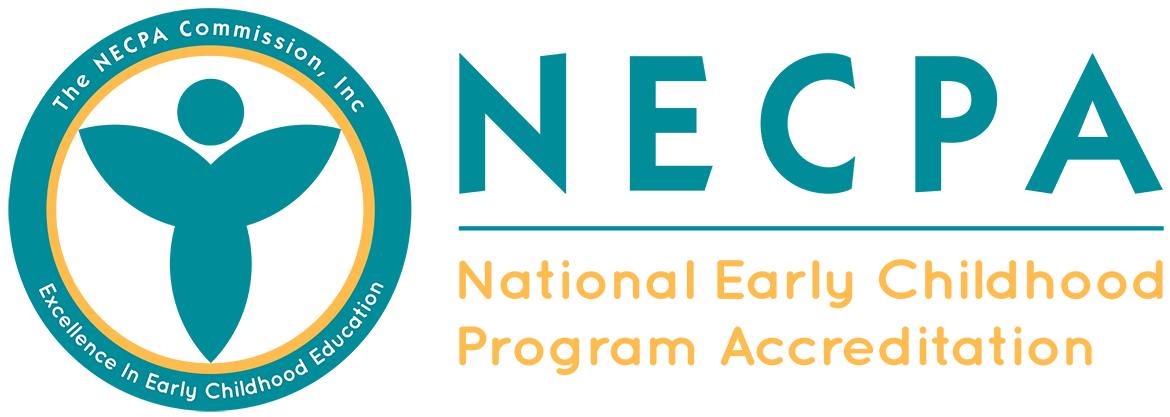5 Ways Early Childhood Education Shapes a Child’s Future

The early years of a child’s life are often referred to as the “formative years,” and for good reason. Research has demonstrated that the experiences a child has between birth and age eight play a pivotal role in shaping their future development. The foundation for cognitive, emotional, social, and physical growth is established during these critical years, and the impact of early childhood education (ECE) cannot be overstated.
At The Learning Tree of Palm Bay, we understand the significance of early education in creating a strong foundation for future success. Our curriculum is designed to help children not only achieve academic milestones but also build the social, emotional, and problem-solving skills that will serve them well throughout their lives. In this post, we’ll explore five key ways that early childhood education shapes a child’s future, ensuring they’re equipped to face the challenges ahead with confidence and enthusiasm.
1. Fosters Strong Cognitive Development
The brain develops rapidly during the first few years of life, and early childhood education provides the experiences and stimuli that encourage brain growth and cognitive development. During these early years, a child’s brain forms connections at an incredible rate. The more a child is exposed to new ideas, activities, and challenges, the more neural connections are formed, contributing to their ability to think, reason, and process information.
At The Learning Tree, we believe in harnessing the power of this rapid brain development by offering activities that engage children in critical thinking, problem-solving, and exploration. Through guided lessons and structured play, children are introduced to key concepts in mathematics, language, science, and art. Simple activities such as counting, sorting, and comparing objects help to build a child’s foundational math skills, while story time and discussions expand their language skills and comprehension.
By giving children these cognitive tools from a young age, we ensure they develop a strong foundation that they can build upon in later years. Children who participate in early childhood education are more likely to perform better academically, particularly in subjects such as reading and mathematics, due to the intellectual skills they acquire during these formative years. This strong cognitive base not only supports future academic success but also enhances problem-solving abilities, creativity, and logical thinking that will serve children well in adulthood.
2. Builds Social and Emotional Skills
The importance of social and emotional development in early childhood education cannot be understated. The skills children learn in these areas are essential for building healthy relationships, managing emotions, and navigating social settings. At The Learning Tree, we place a significant emphasis on nurturing children’s social and emotional growth, as we believe these skills lay the foundation for success in both school and life.
Social-emotional learning (SEL) is integrated into our daily curriculum through a variety of activities that promote teamwork, empathy, and communication. Whether it’s working together on a group project, engaging in role-playing scenarios, or practicing conflict resolution techniques, children are provided with opportunities to practice and develop these important life skills. Our teachers are trained to model appropriate behaviors and guide children as they navigate social interactions, helping them to understand emotions, express themselves, and resolve conflicts in constructive ways.
Developing emotional intelligence early on helps children regulate their feelings, cope with stress, and interact positively with others. Children who have strong social-emotional skills tend to experience fewer behavioral problems, have better relationships with peers, and are more likely to be successful in school. Moreover, these emotional skills help build resilience, allowing children to overcome challenges, manage disappointment, and maintain a positive outlook when faced with adversity. Social and emotional competency is strongly linked to academic achievement and long-term well-being, making it a crucial element of our curriculum.
3. Promotes Early Literacy and Language Development
Language is the key to communication, and early childhood education provides the essential building blocks for literacy and language skills. From birth, children are exposed to language through interactions with parents, caregivers, and educators. Early exposure to books, stories, songs, and conversations helps children develop vocabulary, listening skills, and an understanding of how language works.
At The Learning Tree, we create an environment where language development is woven throughout every aspect of the day. Whether children are listening to stories during circle time, singing songs, or engaging in one-on-one conversations with their teachers, they are continually exposed to language in a variety of forms. We also offer hands-on activities that promote literacy, such as letter recognition, early writing practice, and rhyming games. These activities are designed to be fun and engaging while also building important early reading and writing skills.
Children who receive quality language exposure in the early years tend to have stronger language abilities later in life. Early literacy skills have a direct impact on a child’s ability to succeed in school and beyond. Children who are exposed to books and language early on are better equipped to learn how to read and write when they enter school. In fact, research has shown that children who develop strong language skills before kindergarten are more likely to excel academically in all subjects, including reading comprehension, writing, and even math.
4. Encourages Curiosity and a Lifelong Love of Learning
One of the greatest gifts we can give children is the love of learning. Early childhood education is the perfect opportunity to foster curiosity and a desire to explore the world around them. At The Learning Tree, we believe that learning should be fun, engaging, and rooted in exploration. We offer a variety of hands-on activities that encourage children to ask questions, investigate ideas, and explore their creativity.
From building structures with blocks to experimenting with different art materials, children are encouraged to use their imaginations and engage with their environment. These types of activities not only build critical thinking and problem-solving skills but also spark a lifelong interest in learning. By fostering curiosity at an early age, we help children develop a mindset that values exploration and discovery. They learn that learning isn’t just about following instructions—it’s about asking questions, making observations, and finding new ways to approach challenges.
The love of learning that children develop in these early years has long-lasting effects. Research shows that children who are encouraged to explore their interests and passions from a young age are more likely to be self-motivated learners throughout their lives. These children tend to stay curious, continue learning independently, and pursue higher education and personal growth. The desire to learn, once sparked, can carry children through their entire educational journey and beyond, leading them to new opportunities and a broader understanding of the world.
5. Lays the Foundation for Academic and Life Success
Early childhood education doesn’t just prepare children for the next grade level—it prepares them for success in life. The skills and experiences children gain during their early years serve as the foundation for all future learning and growth. The positive effects of early childhood education extend far beyond the classroom and are linked to long-term success in both academic and non-academic areas.
Children who attend high-quality early childhood programs tend to perform better in school, graduate from high school, and have higher rates of college enrollment and graduation. They also exhibit stronger social skills, greater emotional resilience, and better health outcomes. This comprehensive preparation ensures that children are equipped with the skills they need to thrive in school, at work, and in their personal lives.
At The Learning Tree, we take a holistic approach to education, ensuring that children are not only prepared academically but also socially, emotionally, and physically. By focusing on the whole child, we help children develop the skills they need to face challenges with confidence, work collaboratively with others, and achieve their goals. The early experiences children have in a high-quality education setting provide the foundation for all the future achievements and opportunities they will experience.
To understand how our curriculum nurtures a love for learning and fosters essential skills in early childhood, explore
What Makes Our Curriculum Stand Out: A Closer Look at Our Teaching Philosophy and
How The Learning Tree Nurtures a Love for Learning in Every Child to see how we create a foundation for lifelong success.
Conclusion: Early Childhood Education is an Investment in a Child’s Future
The benefits of early childhood education extend far beyond the classroom. By fostering cognitive development, social and emotional growth, language skills, creativity, and a lifelong love of learning, we ensure that children are equipped for academic success and personal fulfillment throughout their lives. At The Learning Tree of Palm Bay, we are committed to providing children with a nurturing environment that supports their development and sets them on the path to success.
Investing in early childhood education is one of the most important decisions we can make for a child’s future. By providing children with the skills, knowledge, and confidence they need in their formative years, we lay the foundation for lifelong success. When children receive high-quality early education, they are better equipped to navigate the challenges of life and pursue their dreams. At The Learning Tree, we are proud to play a part in helping children reach their full potential, one step at a time.
